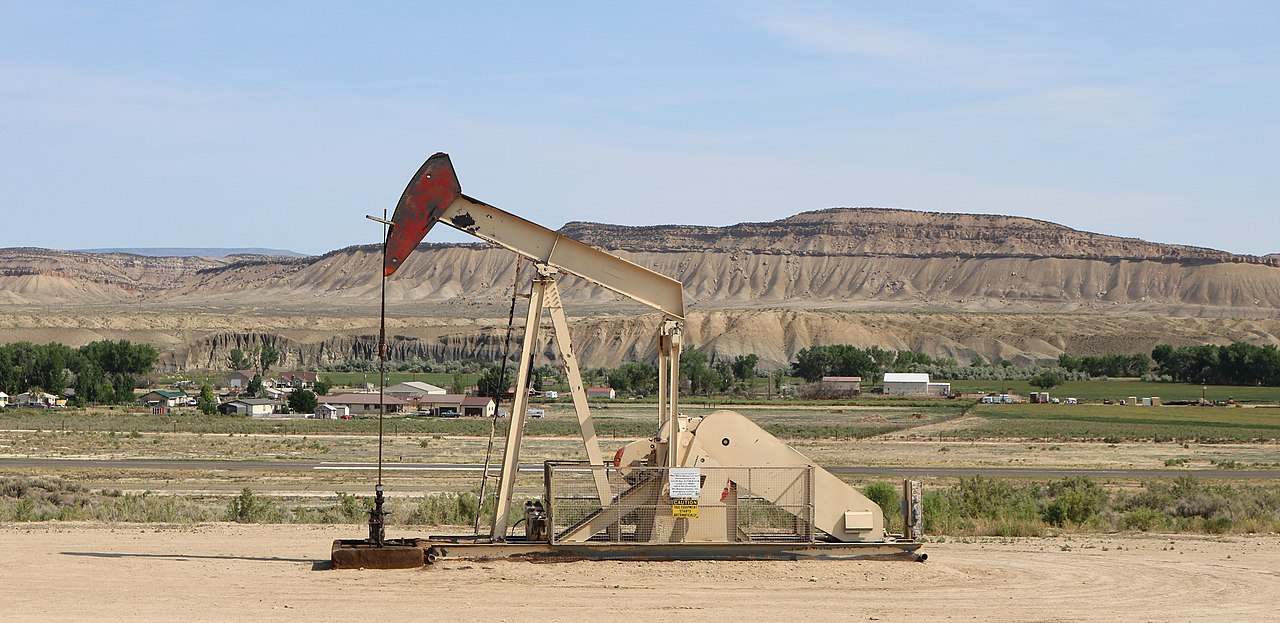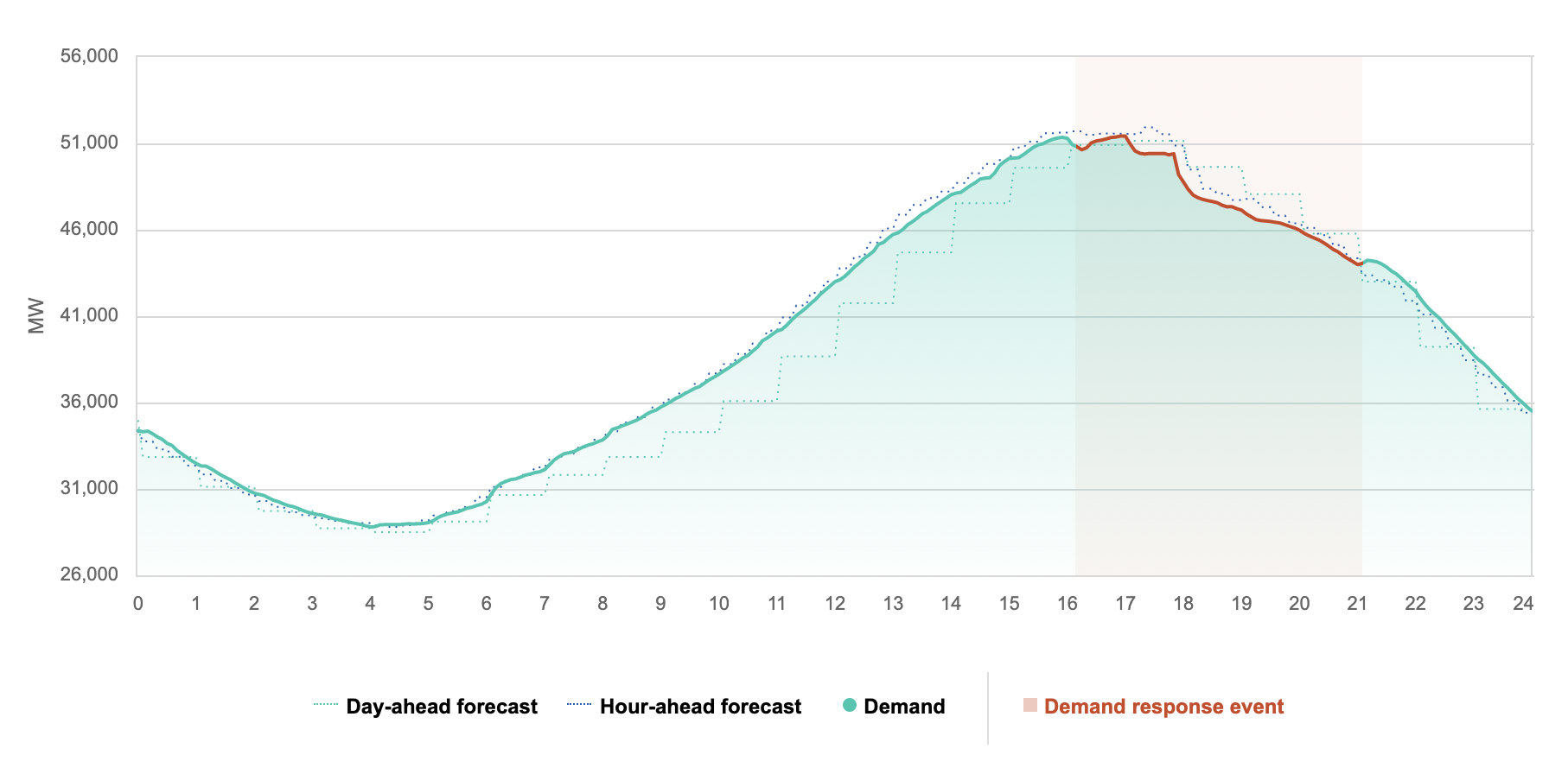
Not all change is sacrifice: Getting rid of fossil fuel uses that make us miserable
“Change” is often seen as synonymous with “sacrifice,” especially where the environment is concerned. But sometimes giving things up is no sacrifice at all. There are some fossil fuel-intensive activities that make us absolutely miserable. The opportunity to get rid of some of those activities shouldn’t be seen as a sacrifice, but rather as a tantalizing treat.

Cutting America’s greenhouse gas emissions in half by 2030, as President Biden recently committed to do in rejoining the Paris Climate Agreement, isn’t going to be easy. While renewable energy is booming, electric vehicles are finally here in large numbers, and the nation is awash in opportunities for energy efficiency, no amount of technological change alone is likely to get us all the way to our 2030 climate commitment — let alone decarbonize the nation entirely by 2050.
We are going to have to change the way we live.
So, as we start to grapple with exactly what it will take to meet our greenhouse gas emission goals, let’s take a moment to celebrate the carbon-emitting things we should be happy to leave behind.
Here’s my list (compiled with some helpful suggestions from my friends at Frontier Group). What’s yours?
The morning car commute — I haven’t commuted by car in a long time, but the year-and-a-half I spent as a long-distance car commuter around Boston scarred me for life. People report that the morning commute is the least pleasant time of the day. Long-distance commuting harms our physical and mental health, as well as our relationships. As the pandemic winds down, the easiest way to lift the burden of commuting is to allow those who can work from home to continue to do so – at least some of the time. Creating more opportunities to commute by transit, on foot or by bike (bike commuters are the happiest of the lot) would also relieve people of the need for the daily aggravation of sitting in car traffic. And, in the long run, reexamining our conceptions of work and of the physical structure of our communities could enable more of us to do more of the things we love, closer to home.
Stuff encased in other stuff wrapped in still more stuff — COVID-19 has led many of us to become more familiar than ever with Amazon, takeout and various forms of home delivery. And that’s led to our garbage cans, landfills and public spaces being increasingly clogged with trash — much of it unrecyclable plastic. Reducing waste is a powerful solution to the climate crisis and can make our communities cleaner and more pleasant. If we could reduce the amount of packaging in which our stuff is wrapped — or even the amount of new stuff we need in the first place — daily life could become more pleasant. It’d certainly be a lot less cluttered.
Loud, obnoxious things — Gas-powered leaf blowers, jet skis, snowmobiles — if it’s loud, it’s probably powered by gasoline, and probably in an inefficient, highly polluting engine. Noise pollution isn’t just annoying, it’s a real public health threat. Now, jet skis and snowmobiles can be fun. I would be OK with them existing somewhere far away from where I happen to be at, and am totally OK with motorsports in places that one can choose to go visit or not. (I actually kind of miss going to stock car races, which I did a bunch as a kid.) But one can only suck in gasoline fumes while cross-country skiing through the woods or have one’s peaceful day at the beach interrupted by the “RRRRRR” of a jet ski so many times before beginning to wonder if people might possibly find some different hobby. Limit where small gas engines can be used, electrify them, or both.
Freezing A/C — The last thing I, or probably most people, want is to have to spend one’s summer in stores and offices refrigerated to the surface temperature of Neptune. Often, office workers are forced to endure those conditions without any control over the thermostat, leading to workers having to keep a warm set of clothes at the office just to ward off the chill. That’s nuts. The technology exists to better control building temperatures and make spaces more comfortable to boot. And we could all get used to living and working in spaces that are kept a little bit warmer than they are now. Japan, for example, has a long-established campaign to encourage casual business dress and warmer office temperatures during the summertime.
Disposable phones — Once upon a time, the pace of innovation in smartphones was dizzying. Today, though, the smartphone market has reached maturity and the pace of technological innovation has slowed. As someone who prefers to stay a few cautious steps behind most tech trends, I’d be more than happy to hang on to my iPhone 7 for the foreseeable future rather than be sucked into the tech world’s whirl of planned obsolescence. I bet I’d have lots of company, especially given the expense of replacing a phone every few years. But for that to happen, smartphone manufacturers need to build their products to last and ensure that they are easy to repair. My friends at U.S. PIRG’s Right to Repair campaign have been working on this, and there are some ways to help at this link.
Overlighting of everything — This suggestion came up from a few of my Frontier Group colleagues, and each of them had a different example — car lots, office buildings, sports fields. Lighting has become extremely cheap in economic terms, but still expensive in terms of the environment and our quality of life. Light pollution, like noise pollution, has public health effects. Again, there’s no real reason for this waste of energy, and we have the tools to stop it.
None of these changes is enough to meet our nation’s ambitious climate goals. But if we’re smart, we can choose to reduce our use of fossil fuels in ways that improve our quality of life rather than diminish it. By giving up the worst uses of fossil fuels, we can open up possibilities for healthier, happier, less stressful lives. And even in those areas of our lives where we are called on to make real sacrifices, acting within constraints can open us up to new opportunities and possibilities we might not otherwise have seen.
Photo: Diego Cervo, Shutterstock
Topics
Authors
Tony Dutzik
Associate Director and Senior Policy Analyst, Frontier Group
Tony Dutzik is associate director and senior policy analyst with Frontier Group. His research and ideas on climate, energy and transportation policy have helped shape public policy debates across the U.S., and have earned coverage in media outlets from the New York Times to National Public Radio. A former journalist, Tony lives and works in Boston.
Find Out More

Is all computing worth doing?

We have the tools to get off oil. Why haven’t we used them?

California has even more potential to flex our power

